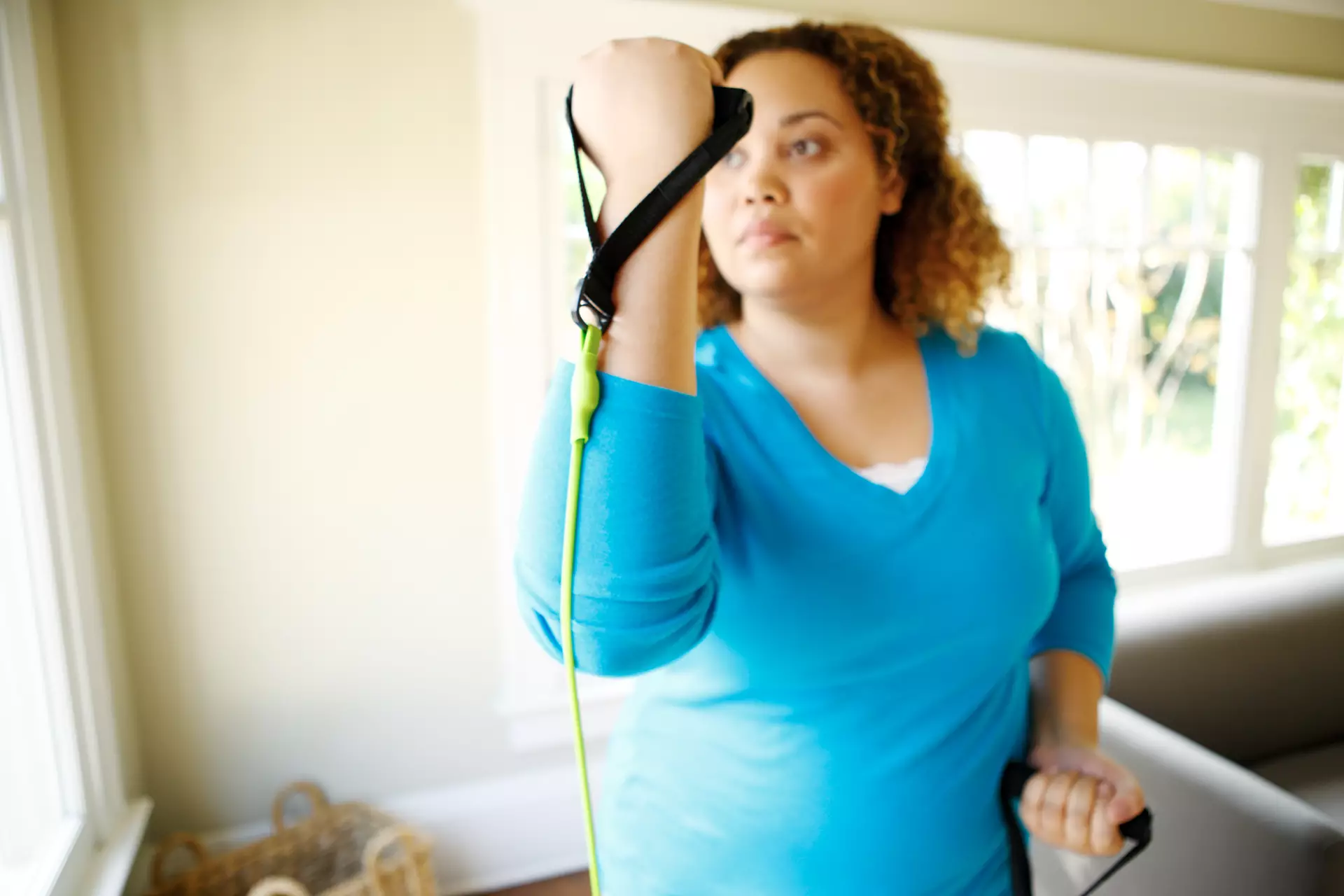What to expect
after surgery
1 to 2 years after surgery
At about 1 to 2 years, you will likely enter a maintenance phase when you will be focusing on staying healthy and maintaining weight loss.
Some people report struggling with issues, including:
- Adjusting to a new body image
- Regaining some weight
- Feeling anxious about eating
- Experimenting with caution foods, such as alcohol or caffeine (while it may initially feel OK, it’s important to be aware of these behaviors because they can cause complications down the road)
During this time, it is also important to make sure you have set realistic expectations when it comes to weight loss. People often have a goal weight that may or may not be realistic. Expected weight loss after surgery depends on many factors, including nutrition, physical activity, sleep, and mental health and wellness. A successful surgery gets you to a weight you can maintain with realistic lifestyle changes.

Go to all your follow-up appointments to help your care team monitor your recovery
Contact your health care team if you aren’t sure when your follow-up appointments are scheduled.
Follow the post-surgery meal plan designed to support your recovery
During this phase, you will be in stage 8 (healthy meal plan for life). Check out stage-specific recipes.
Find a movement routine that you enjoy and can keep up
Explore some simple exercise videos.
Consider attending a Kaiser Permanente support group to continue building skills, learning from peers, and getting the support you need
Check out the support groups to find one that works for you.









